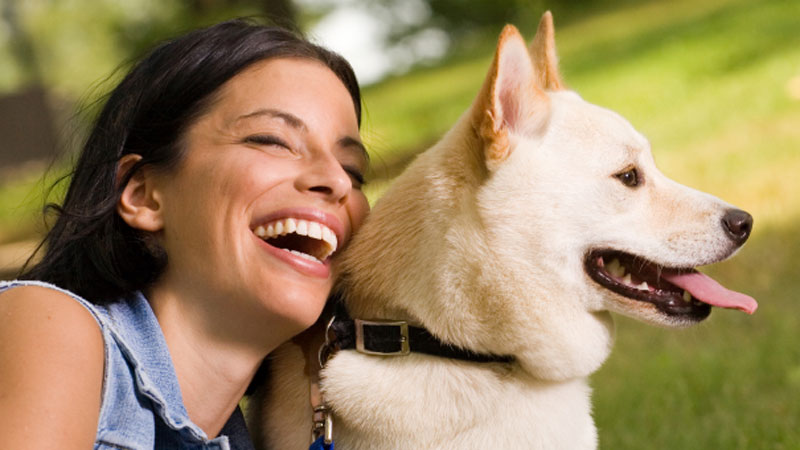Common Poisons
Chocolate is probably the most common cause of poisoning we see in dogs; we have it around the house and it tastes good to us as well as dogs!! Fortunately, it is only fatal if large amounts of dark chocolate are ingested as this contains more theobromine than milk or white chocolate. It also has a predictable affect so if we know the type and amount ingested, we can predict the effect it will have on our patient. Ingestion can cause anything from vomiting, diarrhoea, muscle tremors through to seizures.
Xylitol is artificial sweetener commonly found in chewing gum and toothpaste. The dog’s pancreas mistakes it for real sugar so ingestion induces a huge release of insulin which results in hypoglycaemia and coma if not treated. As much as one stick of chewing gum could be fatal. It can also cause liver failure.
Grapes, sultanas, raisins and currents are all toxic. The dried versions are thought to be more poisonous but the sensitivity in dogs is variable. One grape could be fatal in one individual, but another dog could eat a bunch without a problem. They cause kidney failure but how this happens is still unknown.
Antifreeze is extremely toxic to kidneys and once ingested it is rapidly absorbed so immediate treatment is needed. Antifreeze also has a sweet taste, so this encourages dogs to ingest it.
Most pesticides are only mildly toxic to dogs resulting in drooling, nausea, vomiting or diarrhoea. However, ones that contain organophosphates or carbamates can be life threatening if ingested. Metaldehyde is a common ingredient in slug pellets, this causes fitting in dogs and ingestion is considered an emergency as it is often fatal.
Rat poisons come in 3 categories; the most common is anticoagulant baits and these come in blocks, pastes, gels or pellets. Ingestion causes a delay in blood clotting so you can get external bruising, blood in the urine or faeces, nose bleeds or coughing up blood. There is often a delay between eating the poison and the symptoms occurring. The severity of symptoms varies a lot depending on the strength and the amount of poison eaten. Although we would advise inducing vomiting if you see your dog eat rat poison’ not all cases require follow up treatment but it is important to bring as much information about the poison as possible.
Human painkillers or NSAIDS are often given to dogs because the owners think their pet is in pain. They are also eaten accidentally on frequent occasions as they are often around the house, in handbags etc
Ibuprofen is particularly dangerous and should not be given to dogs. It can cause kidney problems and severe gastric or intestinal bleeding. Aspirin and paracetamol can be given safely to dogs, but your vet should be consulted first as dosages vary.
Many household cleaners are toxic to dogs so always store them in high cupboards, so they are out of the way. Cleaning products can cause chemical burns on the paws or in the oral cavity or internally if swallowed. Rinse thoroughly with water and contact your vet straight away with details of the chemicals involved.
Fertilizers can contain nitrogen, potassium and phosphorus (NPK). Dogs can ingest them in small amounts when digging in the garden which can cause mild vomiting, diarrhoea or oral irritation but ingestion of large amounts (e.g. from an open bag in the shed) can be much more dangerous.
If any doubt always contact your veterinary surgeon for advice


